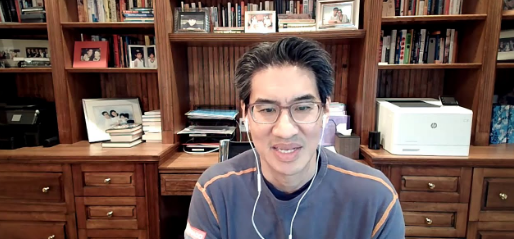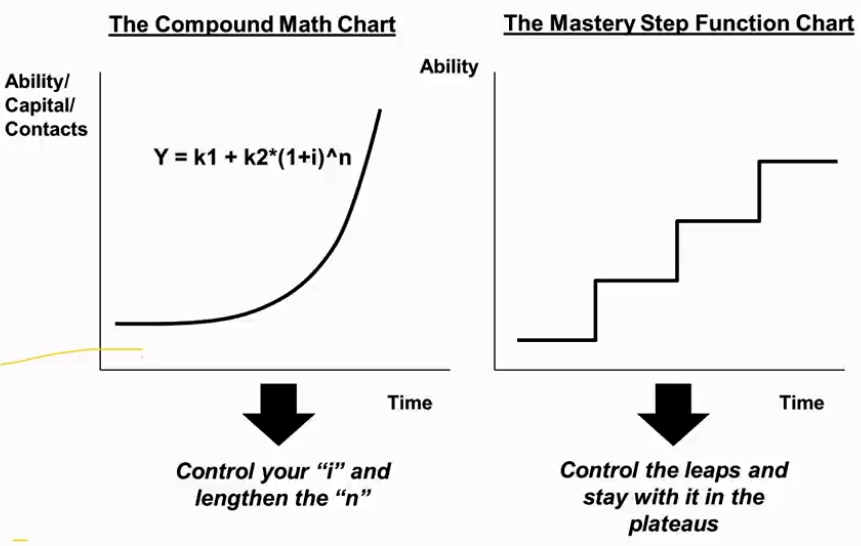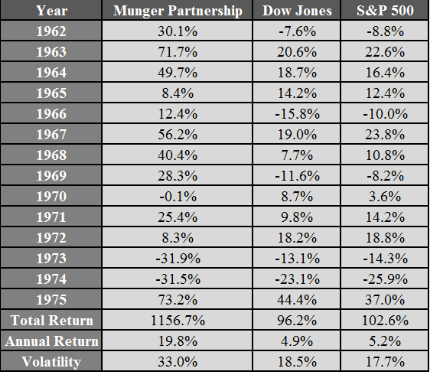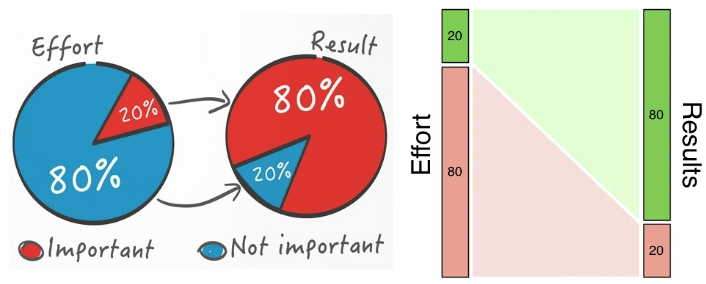
Yen Liow is a managing partner in Aravt Global LLC
Ubuntu — I am because we are
find your why; your reason for being
If you know your WHY? You will find your HOW ?
- Bigger the WHY. More powerful the HOW.
- If there are no consequences for your WHY. You will not have good solutions.
The Goal
- To learn in DOG YEARS: Accelerate your pattern recognition and judgement.
- Law of Compounding: Get it right early and unleash time.
Mantra: Decode, simplify, execute, refine.
If you do not train and refine your learning style, you cannot see great investments if they were right in front of you.
- The ALTERNATIVE: real time learning loops = really slow compounding…
Frameworks
Pattern Recognition: How do you systematically break down the vast universe of investment opportunities to a finite set of ideas that you have a change of generating sustainably superior returns ?
Focus: How do you maximize your return on time ?
How fast can you learn ?
Judgement and Insight is not a function of time, it is a function of repetitions. Function of exposure to decision points and datasets to condition your pattern recognition and refine your judgement. This is a controllable variable.
Pattern recognition = exposure to statistically significant data sets to form causal relationships
Judgement = exposure to decision points and feedback loops to refine within a mental model or framework of thought.
Rewiring your relationship with pain
Fully embrace struggle as your partner on your journey to excellence.
Pressure is a privilege - it only comes to those who earn it.
— Billie Jean King
As you ascend to higher level of responsibility, easy decisions should be handed to others. Hence forth, the struggle will only increase as you become more privileged in the decisions you are empowered to make. It becomes lot more fun, when you understand struggle is your journey and you don’t want to be fight it.
Difference between Struggle and Suffering is context
- Struggle equals pain with meaning
- Suffering equals pain without meaning
Context is everything; it is the WHY ?
If you are struggling, it means you are learning and growing.
The Path

The Compound Math
This is by far the most important force in the universe and you have to get left side of the chart as early as you possibly can. This applies to literally everything in life whether its capital, ability, contacts, insights, whatever the function that needs to be compounded. This is the most important path of your learning curve.
Thing to remember is, you have to control your ‘i’ and lengthen your ‘n’. There is no exception to this rule.
the first rule of compounding is to never interrupt it unnecessarily
— Charlie Munger
The Mastery Step Function
Q: Take a guess looking at the chart, where does mastery live in this chart ?
These are step function increases in ability. These are controlled and uncontrolled leaps. Uncontrolled leaps are where you have the aha! moment. Your brain has piece of insight that solves complex problem literally you are rewiring your brain. You are different, once you solved that problem or have that insight than you were before. However those insights, those abilities starts fading over time.
Master live on the plateaus(straight lines), there is no endpoint. Mastery and whole pursuit of mastery is the journey there is no endpoint. The point is Masters dont get bored they recognise the plateaus is part of the journey.
Mastery Step functions are tiny subparts of the exponential curve(compound chart).
Charlie Munger and the Munger Partners (1962-1975)
Charlie Munger compounded at 20% for 14 years with a volume of 33%. He suffered two >30% losses back to back in the final three years of his partnership. I am not sure another fund in the modern era could survive this.

To play this game, you have to become a highly functional, committed, learning machine.
Deconstruction
It starts with knowing
- Your goal
- how to deconstruct the skill and
- how to train those skills
Recommended book to read : The 4-Hour Body, The 4-Hour Work Week by Tim Ferriss
Deliberate Practice
Its a 3-Step process,
Step 1: A cogent mental model of perfect execution
- To become good at anything you need to know what good really looks/feels like.
- The “tai-chi” swing: break it down into its technical components and if you could do it very very slowly then you really understand it. Lot of times speed hides poor technique.
Step 2 : Practice it a lot(push to the edge)
- Hard, but fun.
- Deep practice is built on paradox: Struggling in certain targeted ways - operating at the edges of your ability - make you smarter. Embrace the struggle. Growth comes at the point of resistance.
- There is an optimal gap between what you know and what you are trying to do. When you find that sweet spot, learning takes off.
Step 3: Feedback loop/refinement
- You cant refine your skillset without a feedback loop.
- Not about hitting 1000 golf balls each day, it is about hitting 100 perfectly
- Develop evaluative processes to refine
This is not about speed: Purposeful is faster path to mastery than sprinting.
Recommended book to read : Wooden on Leadership, John Wooden
Feedback loop/Refinement
Mistake evalation
Forgetting your mistakes is a terrible error, if you are trying to improve your cognition
— Charlie Munger
In the long run, painful losses may prove much m ore valuable than wins
— Joshua Waitzkin
Emotional vs. Intellectual — The Gandalf Moment
- Feel the mistake deeply(but only deep enough that it helps and not hinders your development)
The Power of Questions
If I had an hour to solve a problem and my life depended on the solution, I would spend the first 55 minutes determining the proper question to ask, for once I know the proper question, I could solve the problem in less than five minutes.
— Albert Einstein
If you think deeply about the question, you will get the answer. Your brain is incredibly sophisticated problem solving device.
** Pareto Rule**
For many events, roughtly 80% of the effects come from 20% of the causes
— Pareto

Therefore 20% of the effort produces 80% of the results but the last 20% of the results consumes 80% of the effort.
To tap the full power of your brain — your subconscious mind. do,
- Journaling
- The art of great questions
- Meditations
- Power of white space
- Exercise
Key questions to ponder,
- Why you want to be in this business ?
- Understand your WHY. If you understand your WHY? You will find your HOW.
- What does it take to be successful in this business? In your role?
- Be specific in answering this question
- How do you acquire skills that will enable that success?
- How do you practice/refine those skills?
- What are the key determinants to increasing your 5-10 year NPV? Where is your 10x ?
2x your ability on a key node = 10x your long-term NPV(net present value)
- Meaning double your ability on your key skill that will produce 10x your long term value.
- What resources do you need to accomplish these goals?
- Are you being passive or active in acquiring these skills?
- What exactly is your pain for developing yourself? Can you articulate your intermediate and long term goals?
Decision making - Frameworks
This is the single most imporant area of our R&D
- Frameworks are a critical part of refining great judgement(on anything)
- Good judgement is a function of mental models/frameworks
- To iterate towards refined judgement you need to develop and refine frameworks as soon as you can
- 80% of almost all decisions are generic if you can create the right mental models
- It saves a tremendous amount of time and energy, focuses judgement on only the critical areas and can reduce error rates dramatically
- MENTAL MODELS CAN HELP YOU SEE OPPORTUNITY AND ACT WITH MORE CONVICTION QUICKLY
The earlier in your career and the more accountable you are for your decisions, the better. To learn rapidly, you have to fully own your own outcomes. You eventually become the production of your decisions or those that are made for you…
Recommended book to read : DECISIVE - HOW TO MAKE BETTER CHOICES IN LIFE AND WORK, Chip Heath & Dan Heath
Upgrading your OS - Memory
To connect dots, create dots! MIND MAPS You cannot solve what you cannot remember
Recommended book to read : Memory Book, Harry Lorayne & Jerry Lucas
Upgrading your OS - Contrast/Comparative learning
Breakdown the complex problem into segments and try to solve the segments and reassemble it.
Elements of a great case study
- Clear explanation of the industry structure and company strategy
- Sufficient data to assess how the company evolved
- Detail around key decisions points and feedback loops after the event
- Contrast to other companies in the industry(helps to highlight the differences or counter-factuals)
- Structure the debrief - the management team or experienced investors/analysts helps a lot
- Real life applications
Take up one idea. Make that one idea your life — think of it, dream of it, live on that idea. Let the brain, muscles, nerves, every part of your body, be full of that idea, and just leave every other idea alone. This is the way to success.
— Swami Vivekananda